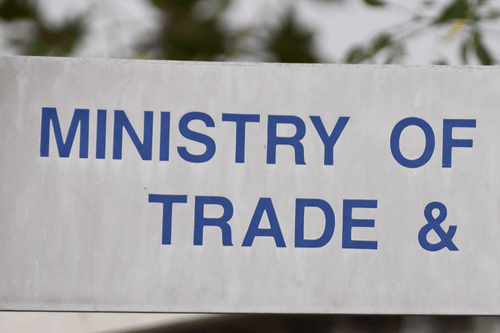Get Appointment
- contact@wellinor.com
- +(123)-456-7890
Political Risk Insurance
Managing Political Risk Abroad
When companies operate internationally, they often prioritize their overall strategy—focusing on sales growth, market expansion, and cost reduction. However, a critical factor that can be overlooked is political risk. If not adequately addressed, political risks can have severe financial consequences and even disrupt foreign operations.

What is Political Risk?
Political risk generally refers to any actions taken by foreign entities, particularly governmental bodies, that may impact the local business environment. Such actions can lead to significant financial losses for companies and investors, particularly during times of political upheaval or instability.
Common examples of political risks and their potential impacts on investors and exporters include:
- Changes in Laws and Regulations: New legislation or modifications to existing regulations can adversely affect business operations. Governments may impose unfavorable restrictions specifically targeting foreign businesses or particular sectors, potentially making operations unsustainable.
- Import and Export Restrictions: Abrupt changes to trade policies can significantly elevate the costs of doing business abroad. Countries often implement tariffs and trade barriers to protect local consumers and businesses. Sudden embargoes or the revocation of import licenses can have devastating effects on foreign operations.
- Transfer Risk: Sometimes, businesses may encounter difficulties converting local currency into dollars, complicating payment processes for exporters. Currency restrictions can also lead to a decline in the value of cash held in foreign markets.
- Breach of Contract by a Foreign Government: Instances of non-payment or unjustified contract termination can lead to unexpected losses for businesses, often with little warning and challenging recovery.
- Expropriation: This occurs when a government or public authority seizes private property, sometimes unlawfully, under the guise of public interest, resulting in losses of both assets and revenue.
- Political Turmoil: Conditions such as war, terrorism, civil unrest, or other forms of political violence can necessitate the complete withdrawal from an investment.
The nature and potential effects of political risk can vary significantly by country. It's crucial to recognize that certain nations are more politically stable than others, with developing regions typically facing higher risks. For a general overview of potential risks, you can refer to the U.S. Department of Commerce's resources.
Mitigating the Risk
While political risk may be unavoidable in some scenarios, businesses can take proactive measures to prepare for international operations. Here are four best practices:
- Identify Risk Exposures: Analyze geopolitical factors and other variables to identify potential risks. A risk manager can assist in cataloging these political risks and ranking them based on their potential impact. Monitoring political trends can aid in anticipating future developments and government actions.
- Quantify Potential Risks: Utilize tools like discounted cash flow analysis, organizational network analysis, and enterprise risk management to estimate potential losses and market changes. This analysis can help businesses determine if pursuing international operations remains financially viable despite political risks.
- Implement Preventive Measures: While it’s challenging to eliminate political risk entirely, businesses can minimize the likelihood and impact of such risks by utilizing collected data to develop action plans. This may include reassessing investment strategies, building new local partnerships, adjusting operational setups, and reallocating capital.
- Consistent Monitoring: Regularly track political risks and integrate new insights into a formal risk management strategy.
Although these strategies can help mitigate the effects of political risk, they might not provide complete protection. To address potential gaps, many businesses opt for political risk insurance, which typically safeguards physical assets, foreign investments, and contract obligations, among other aspects.
Trust the Political Risk Insurance Experts
Contact Simpson-McCrady today to discover how political risk insurance can safeguard your operations abroad. Our expertise will help you mitigate risks and protect your financial interests.
Click and learn about our approach to drafting commercial insurance coverage solutions.
